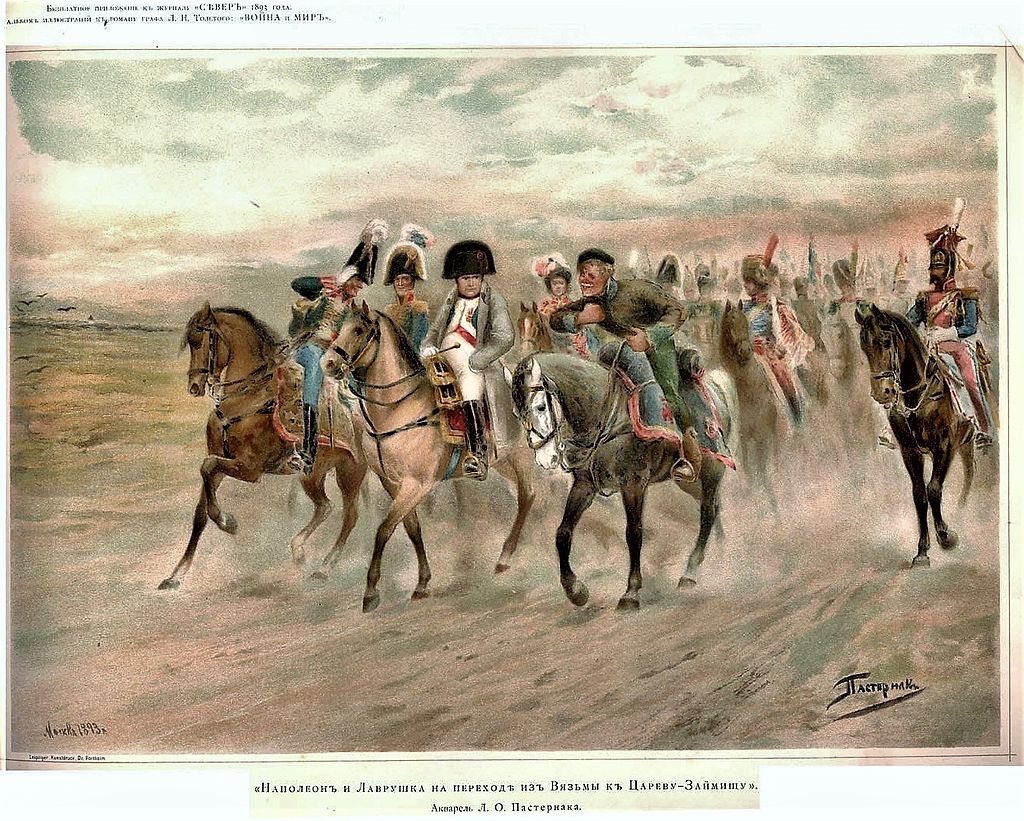Count Angelo Onofrio Melchiorre Natale Giovanni Antonio was crowned Pope Pius VI.
He clashed with Napoleon, whose troops had invaded Italy, over his temporal power and was imprisoned by the French in France, where he died in 1799. His body was effectively held hostage and he was not given a funeral, in Rome, until 1802.
The temporal powers of popes is something we don't think about much anymore, certainly Catholics don't. About the only ones who do are Protestant cranks who are bothered by the fact that there were Papal States. Pope Pius VI does provide an example to the modern world, however, of somebody who refused to go along with and is well remembered for it. Napoleon, of course, is well remembered by some as well, but more accurately remembered as a bloody megalomaniac by most.
Last edition:








